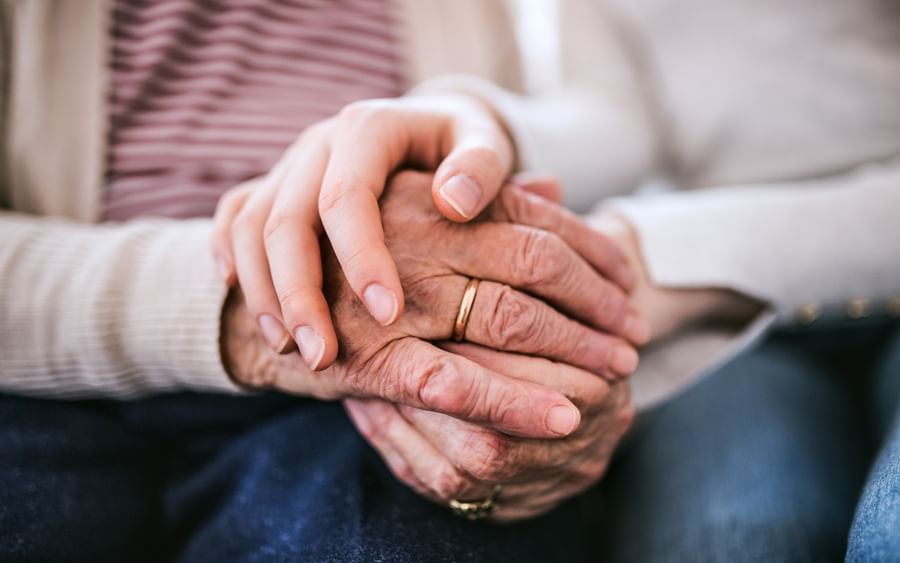Around one in two Australians will develop cancer by the age of 85, which means many of us have someone in our family who has had cancer. It is therefore not uncommon for more than one member of the same family to develop cancer.
Most cancers are unrelated to family history, however, for a very small number of individuals, their family history may suggest they have inherited a gene mutation that has been linked to an increased risk of cancer, meaning the likelihood of developing cancer is much higher than the general population.
How do I know if cancer runs in my family?
While most cases of cancer are not due to an inherited gene mutation, there is a possibility that cancer may run in your family if:
- there are several family members who developed cancer, especially if it’s the same type of cancer
- there are several cases of rare cancers
- family members have developed cancer before the age of 50
- family members have developed more than one cancer
- a relative has been found to carry the gene that increases their risk of cancer.
Only a small percentage of some cancers (up to 5 per cent) are due to an inherited gene mutation that increases the risk of cancer, including:
- breast
- ovarian
- bowel
- endometrial
- kidney
- stomach
- brain
- thyroid
- retina (eye).
If your close relatives have had any of these cancers, speak with your doctor. They can assess your family history and provide recommendations specific to you.
Genetic testing
Genetic testing looks for inherited changes (mutations) in specific genes that can increase a person’s risk of cancer. It is usually offered only to people who, based on their personal or family history, are considered at higher risk of carrying such a change.
For certain cancers, especially where there is a family history, genetic testing can identify mutations in well known risk genes:
- BRCA1 and BRCA2 are linked to hereditary breast and ovarian cancer in women. Men with a BRCA2 mutation may also have an increased risk of breast and prostate cancers.
- Lynch syndrome is associated with an increased risk of bowel and other cancers, often at a younger age.
If no genetic mutation is found, it doesn’t always mean there is no inherited risk. Some genetic changes cannot yet be detected.
If you’re concerned about your cancer risk, talk to your doctor. They can assess your family history, discuss whether genetic counselling or testing may be appropriate, and guide you on the best next steps.
Getting support
Hearing that you have a higher risk of cancer compared to the general population can be a shock. You may experience a range of different emotions.
Talking about how you feel with a loved one or an experienced health professional can help. You can call 13 11 20 to speak with one of Cancer Council SA’s qualified health professionals.
Useful websites
-
Inherited Cancers Australia
-
Cancer Council Victoria – What is Lynch syndrome and how does it increase risk of bowel and endometrial cancers?
-
MacMillan Cancer Support - Family history, genes and cancer risk
-
National Cancer Institute (USA) - The genetics of cancer
-
National Cancer Institute (USA) - Diethylstilbestrol (DES) exposure and increased risk of cancer
